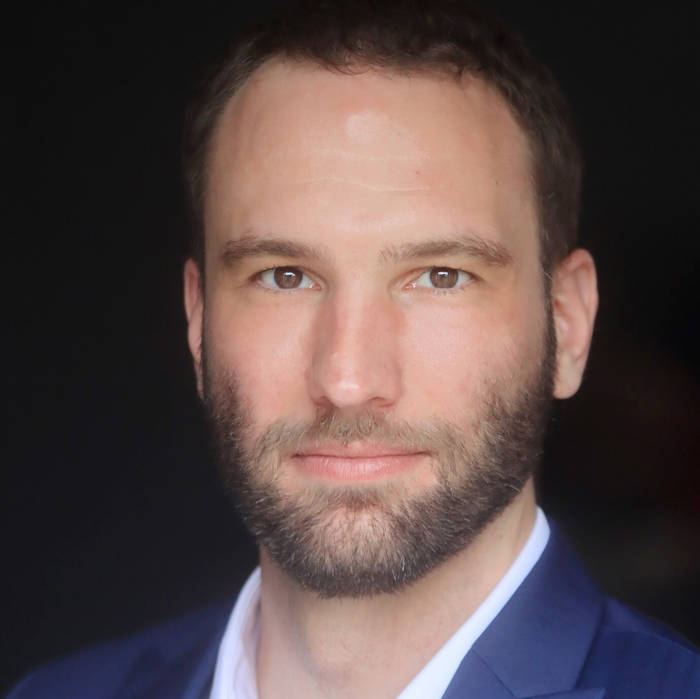Bass-baritone Christopher Besch is proud to have performed in eight countries on three continents with such conductors as Lorin Maazel, Leonard Slatkin, and Jeffrey Thomas. His “commanding stage presence and rich resonance of deep bass sound” (DC Theatre Scene) has been heard in over 90 works running the gamut of musical styles such as early music, grand opera, and modern art song. He currently serves as Assistant Professor of Voice at the Texas State University and is the CMI 210 Festival Young Artist Program Director for the Classical Music Institute, an education and performance organization serving the San Antonio area.
Dr. Besch has earned both his Doctor of Musical Arts and Master of Music degrees from Rice University and his Bachelor of Music Cum Laude from Lawrence University. He was inducted as a Sigma Alpha Iota Friend of the Arts in of the Theta Omega chapter 2024 and was awarded Outstanding Lecturer that same year. He was a semi-finalist for the 2012 Eleanor McCollum Competition at the Houston Grand Opera, one of the Rocky Mountain and Gulf Coast Regional Finalists for the Metropolitan National Council Auditions, placed in the Denver Lyric Opera Guild Competition, and was awarded the Harold Norblum Award for his work with Opera Colorado. He currently serves on the advisory board of both the Opera Guild of San Antonio, HOPERA, a Houston-based organization presenting performances at breweries and other venues, and coordinates the Choral Scholars program with the Bach Society Houston.
His primary pedagogical interests include the acoustics and psychoacoustics of the voice with a particular bent towards how hearing influences the perception of the sung voice.
Past Short Courses


Thursday 31st July 2025
5:00 PM - 7:00 PM
(London Time)
Implementing VoceVista in the Pedagogy Classroom!

Dr Christopher Besch
Dr. Besch has earned both his Doctor of Musical Arts and Master of Music degrees from Rice University and his Bachelor of Music Cum Laude from Lawrence University - join him as he expiores integrating VoceVista, a leading spectrograph software, into the vocal pedagogy classroom. Designed for voice teachers, vocal coaches, and pedagogy students, this course explores how real-time visual feedback can enhance traditional methods of voice instruction. By incorporating VoceVista into your teaching toolkit, you will be empowered to provide objective, evidence-based analysis of vocal production alongside your perceptual and experiential expertise.
